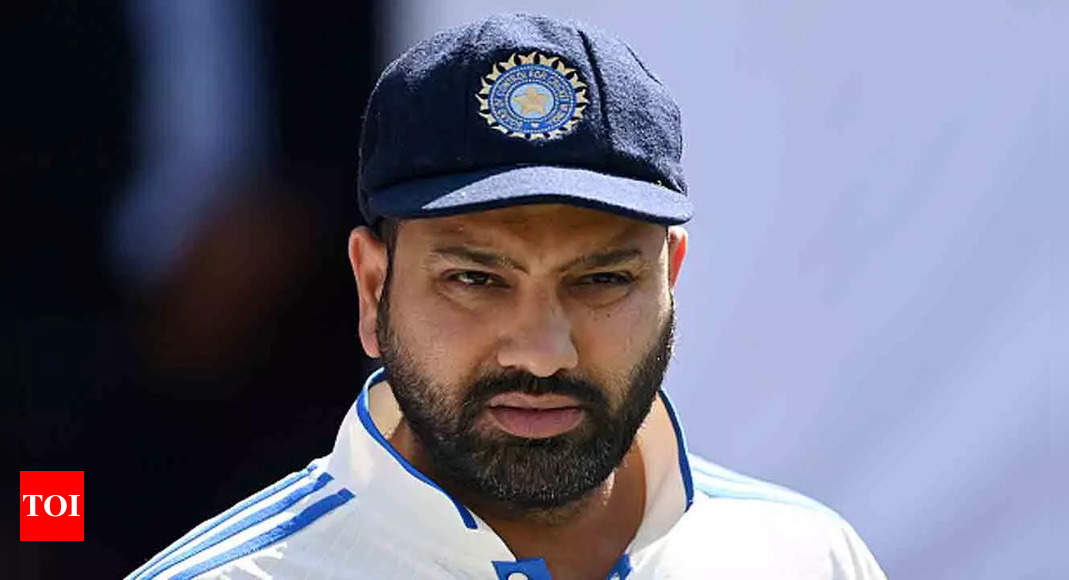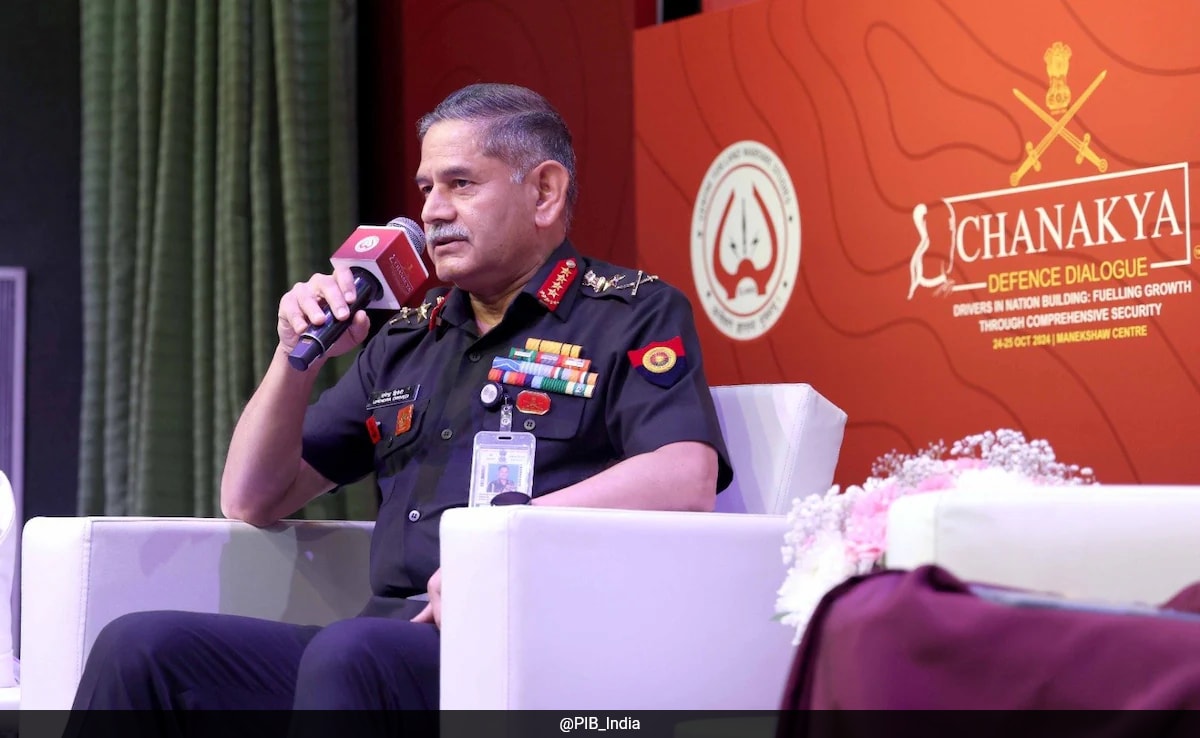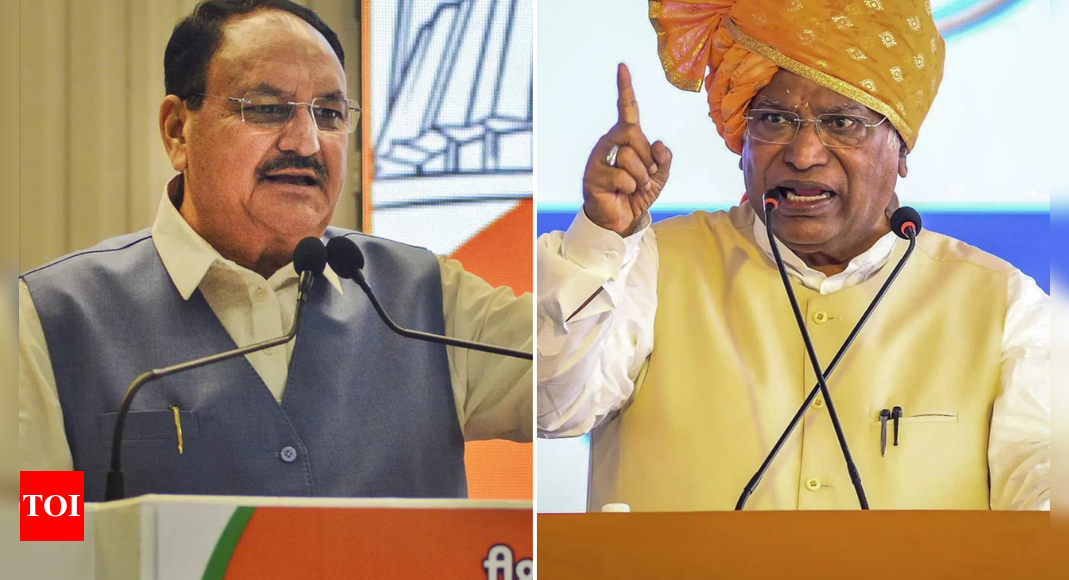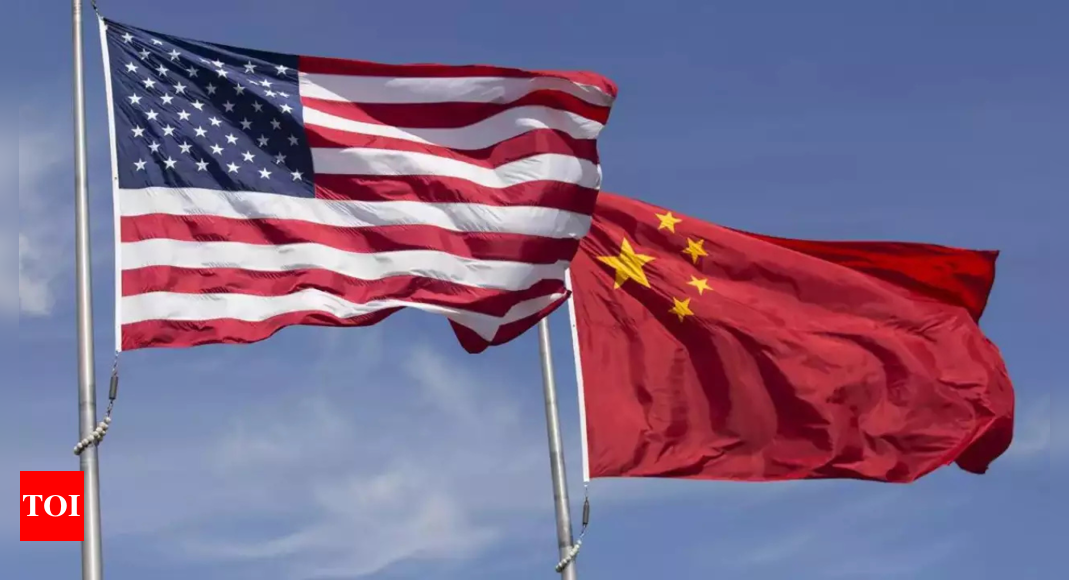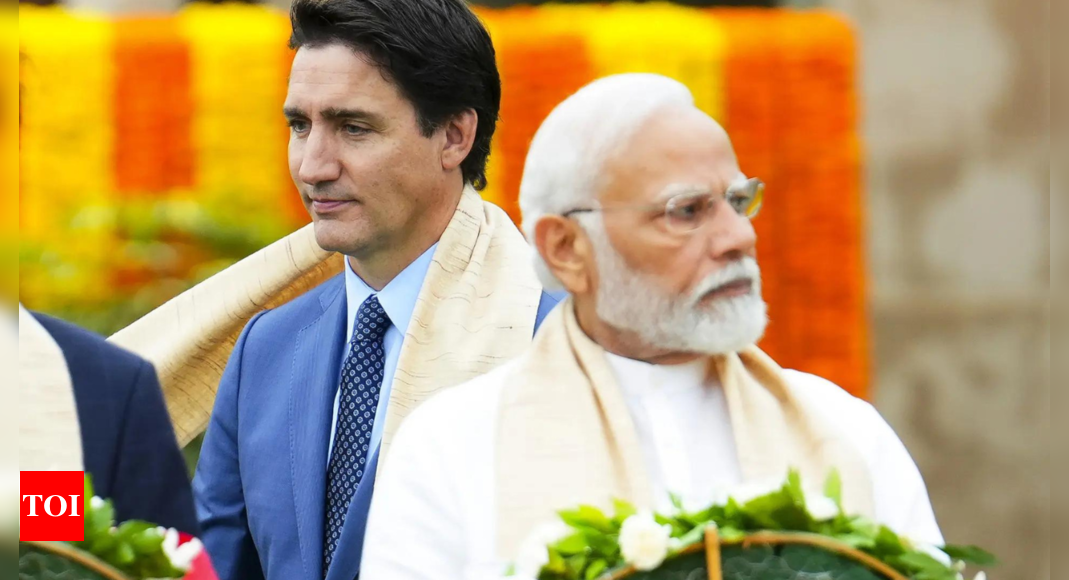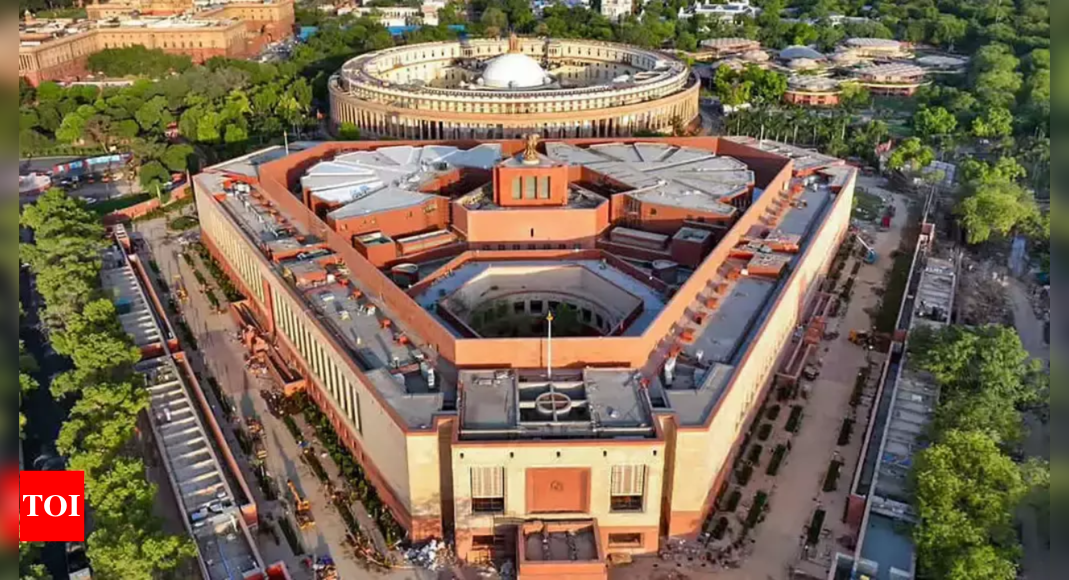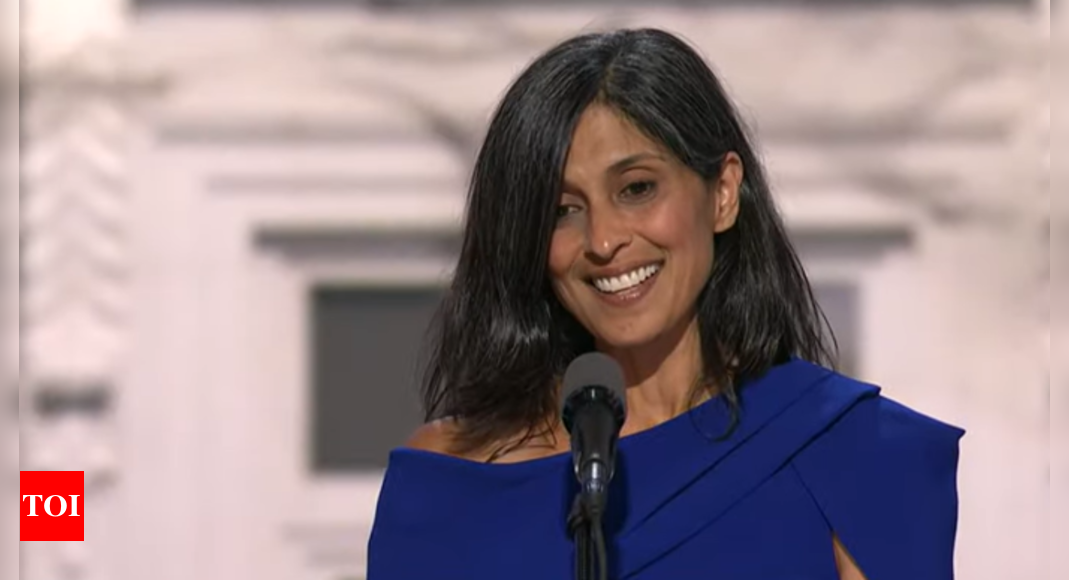
When Ohio Senator JD Vance became former prez Donald Trump’s running mate this past week on the Republican presidential ticket, it also marked the first time that an Indian American and practicing Hindu, Usha Vance, stood to become a vice-presidential spouse. That cemented a remarkable reality: At the moment, a woman of Indian descent will either serve another term in the White House or be the second lady.
It was the latest milestone for an Indian American community that has emerged as a political powerhouse over the past decade.Kamala Harris in 2021 became the first person of Indian descent, as well as the first woman and black person, to be vice president. The 2024 presidential cycle is the first one to have featured two Indian American candidates in Nikki Haley and Vivek Ramaswamy.
And there are now five Indian American members of Congress and nearly 40 Indian Americans in state legislatures – the highest number of any Asian origin group in the country, as per AAPI Data, an organisation that collects data about Asian Americans.
It comes alongside another first for Indian Americans: They recently surpassed Chinese Americans to become the largest Asian group in the US among people who identify with one country of origin, according to a census report released last year. In 2020, nearly 4.4 million people identified as solely Indian. (Chinese people are still the largest group when counting those who identify with multiple countries of origin.)
Most Indians came to the US after 1965, when a new immigration law removed restrictions that had excluded Asians, Africans and others from the country. The Indian population in the US has spiked in recent decades, in particular, as the booming tech sector has sought to hire large numbers of software engineers and computer programmers, drawing some of India’s most-educated workers. About 60% of Indians in the US today arrived after 2000.
Among Asians in the US, Indians are the wealthiest and most highly educated origin group on average. And on almost every measure of political and civic engagement, Indian Americans rank at or near the top among Asian groups, a fact that experts largely attribute to their roots in a country with a strong democratic tradition and high usage of English. “Indian Americans are a growing force in American politics,” said Karthick Ramakrishnan, the founder and the executive director of AAPI Data.
Like many first-generation immigrants, Usha’s parents Krish and Lakshmi Chilukuri have not been especially vocal about politics, five family friends said. But like most Indian Americans, her parents are Democrats, according to recent voter registration records. In 2017, Lakshmi Chilukuri, a biologist, was also one of more than 2,300 California professors who signed an open letter to Trump urging him not to withdraw from the 2015 Paris Agreement on climate change.
Since at least 2008, Indian Americans, who have the highest voter turnout rates among Asian groups in presidential elections, have been a reliably Democratic voting bloc. But Indian American support for Prez Joe Biden has declined, and more Indian Americans are identifying as independents, according to the Asian American Voter Survey released this month. If Biden leaves the 2024 race, Harris would be his likeliest replacement, which would give Indian Americans their first presidential nominee.
Some Republican leaders see an opportunity to make inroads on issues such as family, education and immigration. And even as Republican Party has emphasised its ties to Christianity, some party leaders have tried to appeal to people of other faiths. In an interview last month, Usha spoke openly about the importance of her Hindu faith in her upbringing.
Usha’s elevated role could also help win over some Indian American voters and donors. But the recent Asian American Voter Survey also showed that the drop in support for Biden among has not corresponded with a meaningful uptick in support for Trump. Usha is something of a political enigma: She was a registered Democrat until at least 2014. Even as her husband has gone from a “Never Trump” critic to a fervent supporter of Trump’s, she has said little publicly or privately about her own politics, friends said. At the Republican National Committee on Wednesday night, in her first high-profile appearance, Usha spoke lovingly of her husband. But two words were conspicuously missing from her speech: Donald Trump.
It was the latest milestone for an Indian American community that has emerged as a political powerhouse over the past decade.Kamala Harris in 2021 became the first person of Indian descent, as well as the first woman and black person, to be vice president. The 2024 presidential cycle is the first one to have featured two Indian American candidates in Nikki Haley and Vivek Ramaswamy.
And there are now five Indian American members of Congress and nearly 40 Indian Americans in state legislatures – the highest number of any Asian origin group in the country, as per AAPI Data, an organisation that collects data about Asian Americans.
It comes alongside another first for Indian Americans: They recently surpassed Chinese Americans to become the largest Asian group in the US among people who identify with one country of origin, according to a census report released last year. In 2020, nearly 4.4 million people identified as solely Indian. (Chinese people are still the largest group when counting those who identify with multiple countries of origin.)
Most Indians came to the US after 1965, when a new immigration law removed restrictions that had excluded Asians, Africans and others from the country. The Indian population in the US has spiked in recent decades, in particular, as the booming tech sector has sought to hire large numbers of software engineers and computer programmers, drawing some of India’s most-educated workers. About 60% of Indians in the US today arrived after 2000.
Among Asians in the US, Indians are the wealthiest and most highly educated origin group on average. And on almost every measure of political and civic engagement, Indian Americans rank at or near the top among Asian groups, a fact that experts largely attribute to their roots in a country with a strong democratic tradition and high usage of English. “Indian Americans are a growing force in American politics,” said Karthick Ramakrishnan, the founder and the executive director of AAPI Data.
Like many first-generation immigrants, Usha’s parents Krish and Lakshmi Chilukuri have not been especially vocal about politics, five family friends said. But like most Indian Americans, her parents are Democrats, according to recent voter registration records. In 2017, Lakshmi Chilukuri, a biologist, was also one of more than 2,300 California professors who signed an open letter to Trump urging him not to withdraw from the 2015 Paris Agreement on climate change.
Since at least 2008, Indian Americans, who have the highest voter turnout rates among Asian groups in presidential elections, have been a reliably Democratic voting bloc. But Indian American support for Prez Joe Biden has declined, and more Indian Americans are identifying as independents, according to the Asian American Voter Survey released this month. If Biden leaves the 2024 race, Harris would be his likeliest replacement, which would give Indian Americans their first presidential nominee.
Some Republican leaders see an opportunity to make inroads on issues such as family, education and immigration. And even as Republican Party has emphasised its ties to Christianity, some party leaders have tried to appeal to people of other faiths. In an interview last month, Usha spoke openly about the importance of her Hindu faith in her upbringing.
Usha’s elevated role could also help win over some Indian American voters and donors. But the recent Asian American Voter Survey also showed that the drop in support for Biden among has not corresponded with a meaningful uptick in support for Trump. Usha is something of a political enigma: She was a registered Democrat until at least 2014. Even as her husband has gone from a “Never Trump” critic to a fervent supporter of Trump’s, she has said little publicly or privately about her own politics, friends said. At the Republican National Committee on Wednesday night, in her first high-profile appearance, Usha spoke lovingly of her husband. But two words were conspicuously missing from her speech: Donald Trump.




